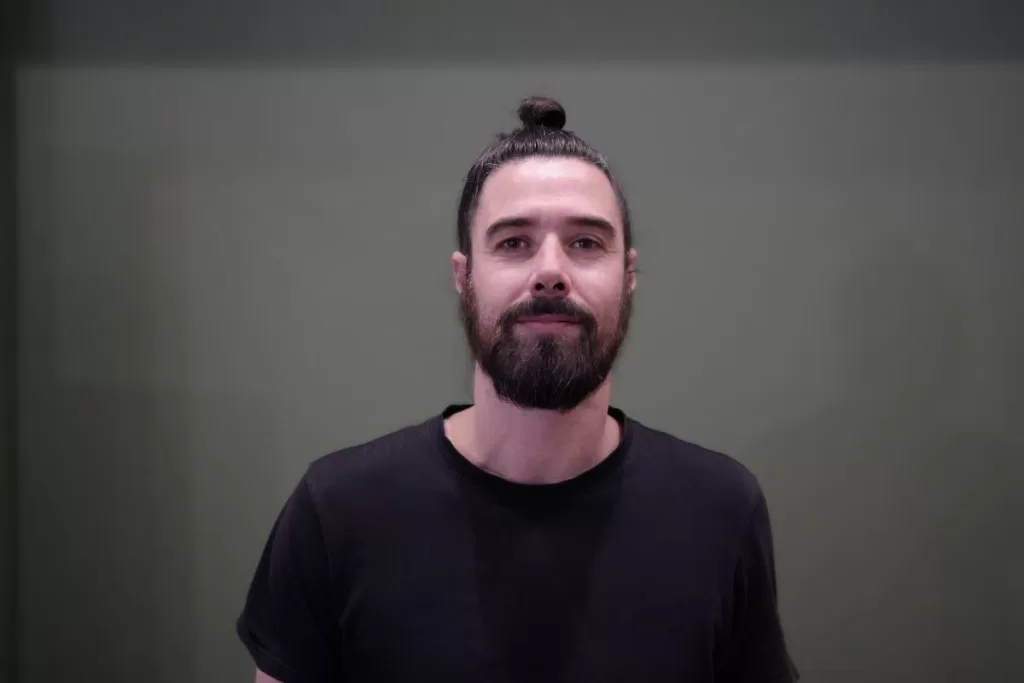Regent Business School’s Masterclass on Demystifying Virtual Reality Unveils the Power of Immersive Experiences
Regent Business School, in collaboration with renowned Principal Consultant at Realm Digital, Imtiyaz Mohamed, recently hosted an enlightening masterclass titled “Demystifying Virtual Reality: Unlocking the Power of Immersive Experiences”. The event aimed to provide participants with a solid foundation of knowledge to understand the world of virtual reality (VR) and its practical applications across industries.

Virtual reality technologies of today have their roots in ideas dating back to the 1800s, tracing back to the inception of practical photography. The concept began with the Sir Charles Wheatstone’s invention of the stereoscope in 1838, employing twin mirrors to project a unified image. This pioneering development later evolved into the patented View-Master in 1939, a device that remains in production even today.
The masterclass delved into various aspects of VR, offering attendees a comprehensive understanding of this revolutionary technology. Imtiyaz Mohamed, an expert in the field, led the engaging session, guiding participants through an immersive journey into the virtual world.
The masterclass covered the following key areas:
Understanding the Basics
Participants gained insights into the fundamental concepts of VR, learning how it creates immersive experiences. The technology behind VR, including headsets, controllers, and tracking systems, was explored in-depth, allowing attendees to grasp the mechanics of this cutting-edge technology.
In this virtual environment, users can experience a sense of presence and feel as if they are physically present in the computer-generated world, even though they are actually in the real world. VR technology aims to replicate real-world experiences or create entirely fictional environments that users can engage with and navigate. It tracks the user’s movements and adjusts the content displayed accordingly, providing a seamless and immersive experience. VR can encompass various sensory stimuli, including visuals, sounds, and sometimes even touch or haptic feedback, further enhancing the sense of immersion.
Unravelling the History
The session traced the evolution of VR from its early beginnings to its present state, highlighting significant milestones and breakthroughs that have shaped the VR landscape. Attendees gained an appreciation for how far VR has come and the potential it holds for the future.
This history of VR spans several decades and reflects the desire for immersive experiences dating back to the 1800s. Key milestones include Stanley G. Weinbaum’s exploration of simulated reality in the 1930s, fuelling the concept’s popularity. In 1962 filmmaker Morton Heilig’s Sensorama introduced early attempts at immersive multimedia, featuring 3D visuals, surround sound, vibrations, and scents.
Ivan Sutherland’s 1968 development of “The Sword of Damocles” was the first head-mounted display (HMD), laying the groundwork for wearable VR technology. The 1980s-1990s saw VR applications in academia and research, including Virtual Fixtures and the Virtual Reality Modelling Language (VRML). The 1995 release of Nintendo’s Virtual Boy attempted 3D gaming in a VR-like experience, though it faced challenges. VR experienced a resurgence in the 2010s, propelled by technological advancements and the gaming industry’s contribution. Currently, VR’s applications span various fields, with ongoing innovation expected to expand its impact in the future.
Real-world Applications
The masterclass showcased diverse practical applications of VR across gaming and interactive storytelling, and practical uses in fields like education, healthcare, architecture, and training simulations. VR is revolutionising these domains and enhancing user experiences, paving the way for innovative solutions and increased engagement. As the technology continues to advance, VR is becoming increasingly accessible and is poised to transform the way people learn, work, and interact with digital content.
Hardware Requirements & Software Essentials
To experience high-quality VR smoothly, users must have a VR-ready PC or gaming console, a VR headset with high-resolution displays, and motion tracking sensors for capturing movements. Handheld controllers facilitate interaction and navigation within the virtual space, while a dedicated play area is required for room-scale VR experiences. Additional audio devices can enhance sound quality. For online content, a stable internet connection is necessary. It’s worth noting that the specific hardware requirements may differ between different VR systems and platforms.
The masterclass covered the software aspects of VR, including content creation tools and VR development platforms. Imtiyaz Mohamed guided participants through the process of building VR experiences and environments, providing valuable insights into the creative aspect of VR technology.
Challenges and Future Prospects
The challenges faced by VR technology, such as motion sickness and content limitations, were openly discussed along with ongoing research and innovations that are paving the way for the future of VR, indicating the immense potential this technology holds.
The audience engaged in hands-on practical demos, immersing themselves in the virtual world and experiencing VR firsthand. The demonstrations showcased various VR applications, leaving participants excited about the possibilities that VR presents for the future.
Following the well-attended and highly informative webinar, iLeadLAB technician, Richard Shewry commented: “As a Business School, hosting webinars about relevant topics offers a priceless opportunity for our students to engage with industry experts, gain valuable insights, and foster a deep understanding of real-world challenges. These interactive sessions cultivate essential skills like networking, communication, and problem-solving, empowering us to thrive as future business leaders.”
For more information about Regent Business School’s offering as a leading private higher education institution, please go to https://regent.ac.za/
Become future ready by joining one of accredited MBAs, postgraduate qualifications, degrees, diplomas, or higher certificates! All 2023 students will receive a free Management Development Programme valued at R7000. T’s & C’s Apply.
This Release in a Tweet:
@REGENT_BSchool’s 🌐 Masterclass on Demystifying VR led by expert Imtiyaz Mohamed explored the world of VR, its history, & real-world applications across industries like gaming, education, healthcare, and more. Read here: {insert bitly link to content} #VirtualReality #TechMasterclass #EducationForImpact





























